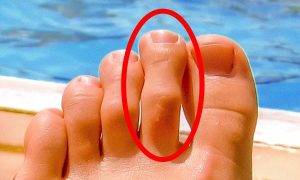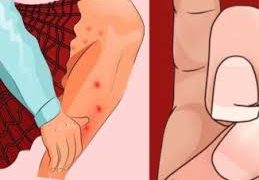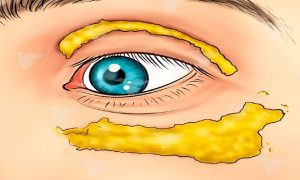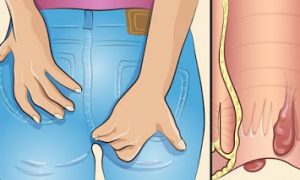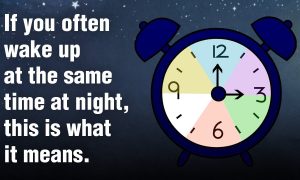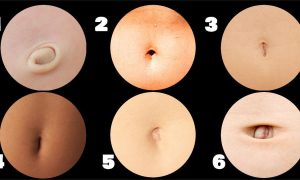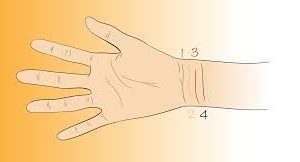Depression is sometimes called “the plague of the 21st century.” Studies show that it is actually a medical condition that can be treated like any other disease. However, the first step to get rid of the problem is to understand that your condition is actually depression and not something else. There are certain alarm bells you should know about to be able to identify it correctly.
Healthnews would like to provide you with the most common signs that you might be depressed and should consult your doctor.
You feel down\tired.

The lack of energy lasts for many days in a row even though your routine hasn’t changed much. You are tired as soon as you wake up.
You feel worthless and undeserving to be alive.
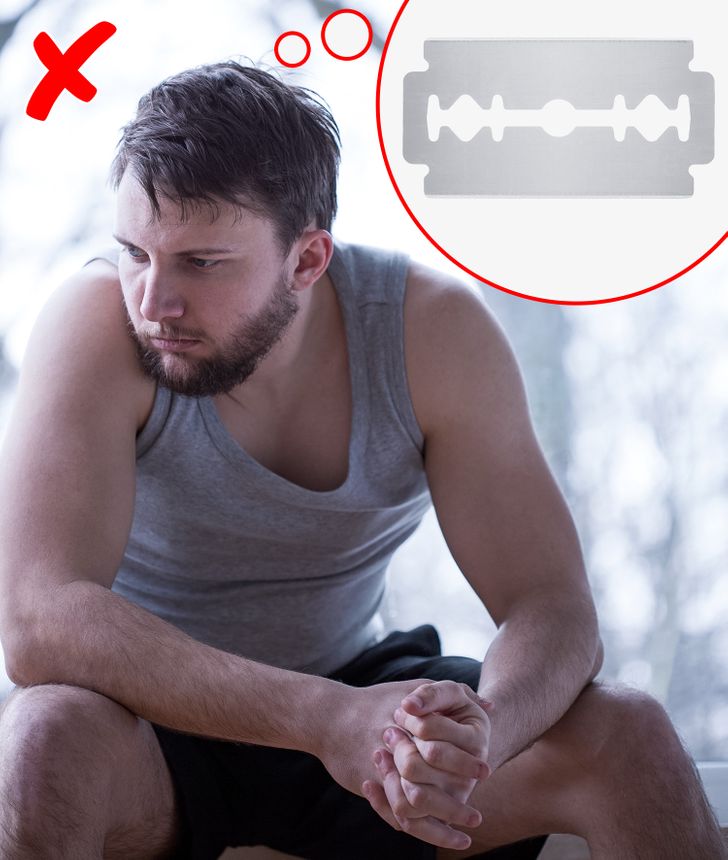
You may start to believe that you are useless. Suicidal thoughts may also occur and you may have no fear of death since you see no point in living.
You have concentration and/or memory problems.

You start forgetting about important things and cannot easily recall a name or a phone number. Listening to someone or reading a book becomes a challenge since you cannot focus on what is going on.
You develop sleep problems.
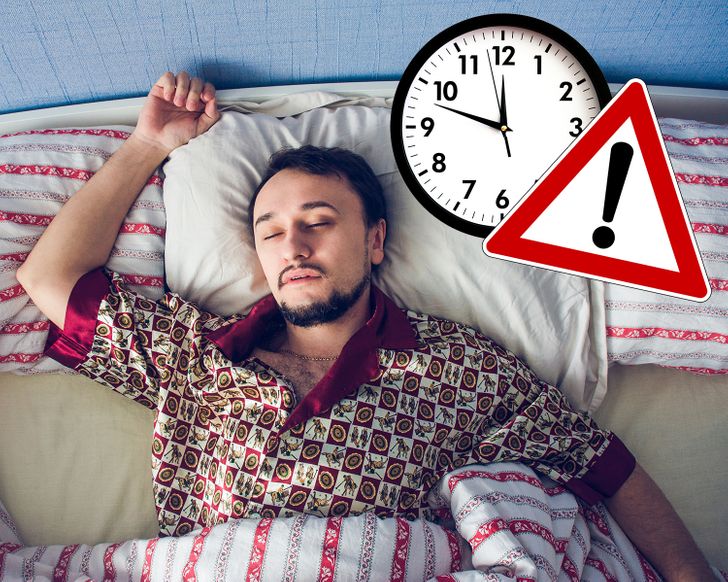
This can be either insomnia or you sleep longer hours. Even after a long night in bed you still crave more sleep. You have no energy and feel like you could spend a full day in bed.
Your weight changes.
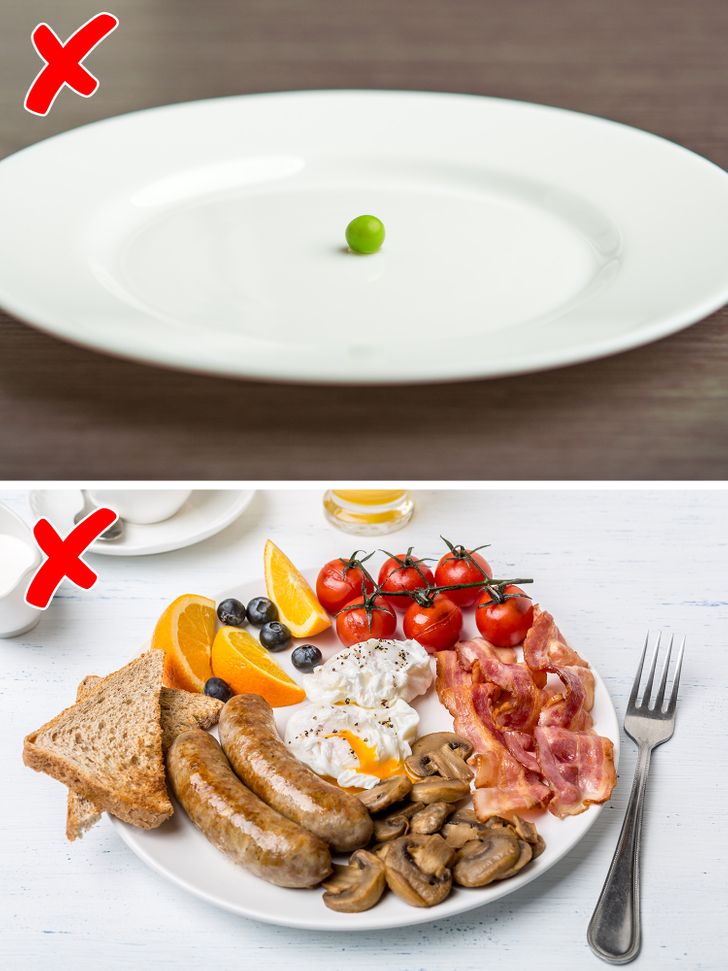
You suddenly gain some pounds or lose weight. You could also develop an enormous appetite and feel constantly hungry regardless of how much you eat. Or you stop feeling hunger at all.
Nothing brings you pleasure.

Even the things, activities, and people you used to love do not add joy to your life. You are constantly bored, tired, and have no desire to do your life-long hobby or meet your best friend.
Your mood is down.

You feel constantly sad, anxious, or irritated and you can’t pinpoint a clear reason for that.
Your health deteriorates.
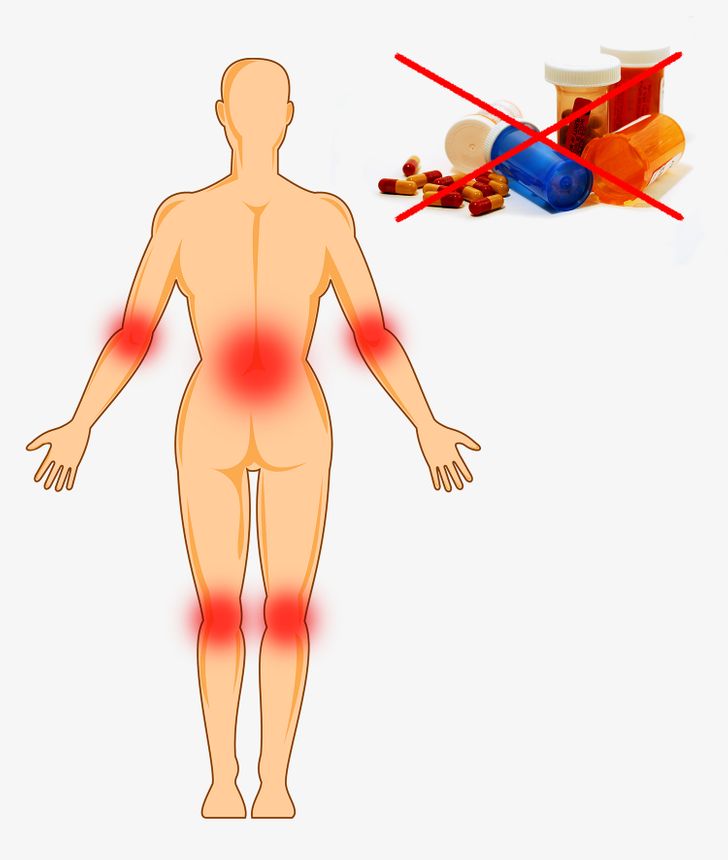
You suddenly begin experiencing aches or pains, most commonly in your joints or back and you might have digestive problems. Neither of these has an easy-to-explain reason (like trauma or a fatty lunch) and they do not go away with the usual medical treatment.
Remember that to be a symptom of depression all of these conditions should be continuous. If you or your family or friends show signs of depression, it’s worth talking to a doctor who can check your, or their, state of mind and assign the proper treatment.
What is the treatment for depression and can it be prevented?
According to a patient’s particular situation, the doctor can recommend talking therapy or medication. Treatment can also include recommendations for extra physical activity, light therapy, pet therapy, electro- or magnetic simulation, and other kinds of treatment.
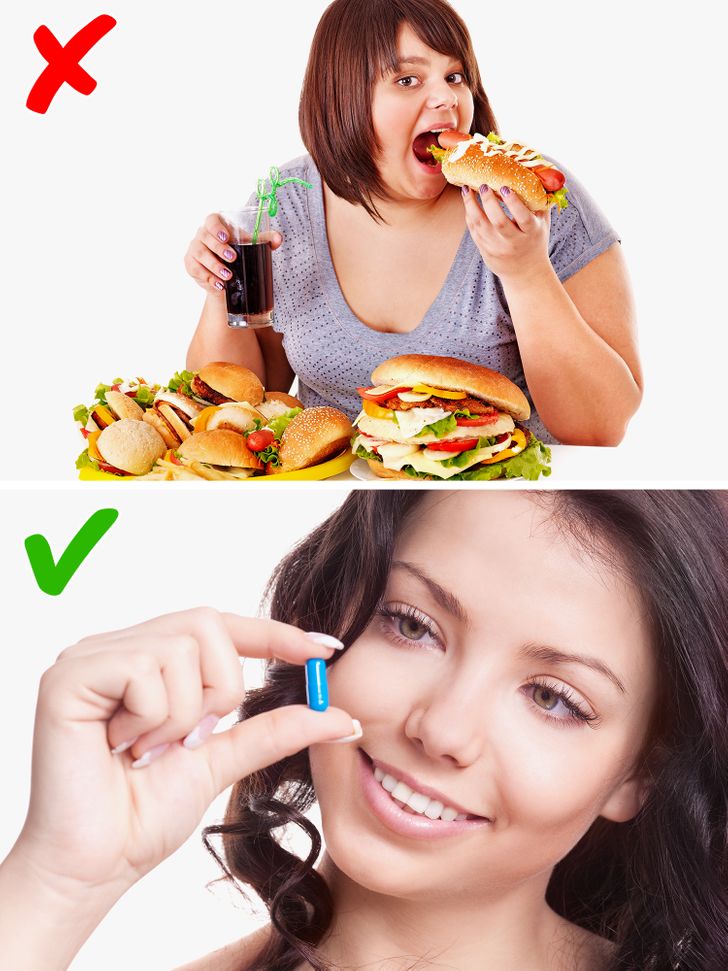
There are a number of studies trying to provide prevention methods for depression. One of them states that some forms of depression, especially the so-called seasonal depression (the one which is intensifies during the cold and dark part of the year), can treated by the intake of vitamin D. However, don’t start taking the pills without consulting your doctor.

Specialists recommend that people from depression risk groups consult specialists regularly. Any illness is easier to combat if it is observed from an early stage.
Have you noticed any of these signs in yourself or your loved ones? Maybe it’s time to consider going to a specialist – don’t take this condition lightly.



